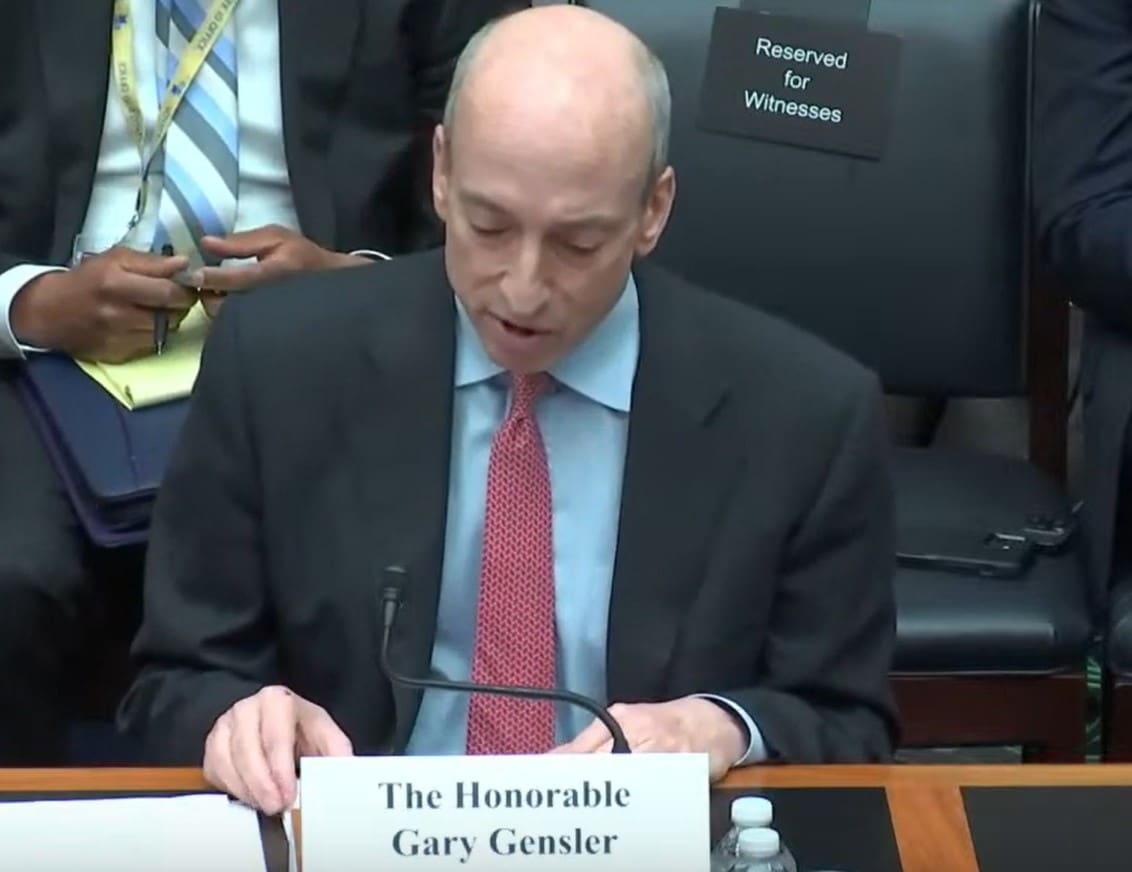In a bold move, U.S. Representatives Warren Davidson (R-OH) and Tom Emmer (R-MN) have initiated a campaign to oust Gary Gensler from his position as chairman of the U.S. Securities and Exchange Commission (SEC). This new push, articulated through social media and legislative proposals, reflects a growing discontent with Gensler’s leadership, particularly in the realm of crypto regulation.
Political Background and Criticisms
The SEC chairmanship, a politically appointed position, inherently involves navigating partisan waters. The SEC Chair plays a pivotal role in shaping the U.S. financial markets, influencing both domestic and international financial policies, and ensuring the protection of investors and the integrity of the financial system. The position holds considerable influence and responsibility in the intersection of finance, law, and politics.
Gary Gensler‘s close ties with the Democratic Party, evidenced by his significant role in Hillary Clinton‘s presidential campaign, naturally attract political opposition. In this vein, Congressman Davidson’s proposal of the “SEC Stabilization Act” is not just a bid to remove Gensler but also a statement against perceived partisanship in the SEC.
Regulatory Approach and Crypto Industry Concerns
A central criticism levied against Gensler is his approach to the burgeoning crypto industry. Unlike the European Union, which has made strides in creating a comprehensive regulatory framework for cryptocurrencies – Markets in Crypto-Assets Regulation (MiCA) – the SEC under Gensler has been accused of adopting an enforcement-centric approach without offering clear guidelines. This lack of regulatory clarity, according to industry experts, risks stifling innovation and weakening the U.S. position in a sector many believe to be the future of cyberfinance.
The SEC Stabilization Act and Its Implications
The SEC Stabilization Act, introduced by Davidson, seeks not only to fire Gensler but also to restructure the SEC’s leadership. The proposal includes adding a sixth commissioner to ensure no single political party holds a majority. This move, ostensibly aimed at reducing partisanship, could profoundly impact how the SEC governs the financial markets, particularly in areas like cryptocurrency.
Additional Concerns: The Case Against CBDC
Adding another dimension to this political saga, Davidson has also voiced opposition to the Federal Reserve’s potential introduction of a central bank digital currency (CBDC). He perceives CBDCs as a threat to traditional monetary systems and a step towards an overly controlled and dystopian financial landscape.
Looking Ahead
As the debate intensifies, Gensler’s future as SEC Chairman hangs in the balance. The unfolding events underscore a pivotal moment for U.S. financial regulation, especially in the rapidly evolving domain of cryptocurrencies. The outcome of this political maneuvering will likely have far-reaching implications for market regulation, investor protection, and the broader trajectory of the U.S. financial system in the digital age.
In summary, the call to remove SEC Chairman Gary Gensler reflects deep-rooted concerns over the SEC’s approach to cryptocurrency regulation and broader issues of political influence in financial governance. As these discussions progress, they will undeniably shape the regulatory landscape of the U.S. financial markets, with significant implications for investors and innovators alike.
